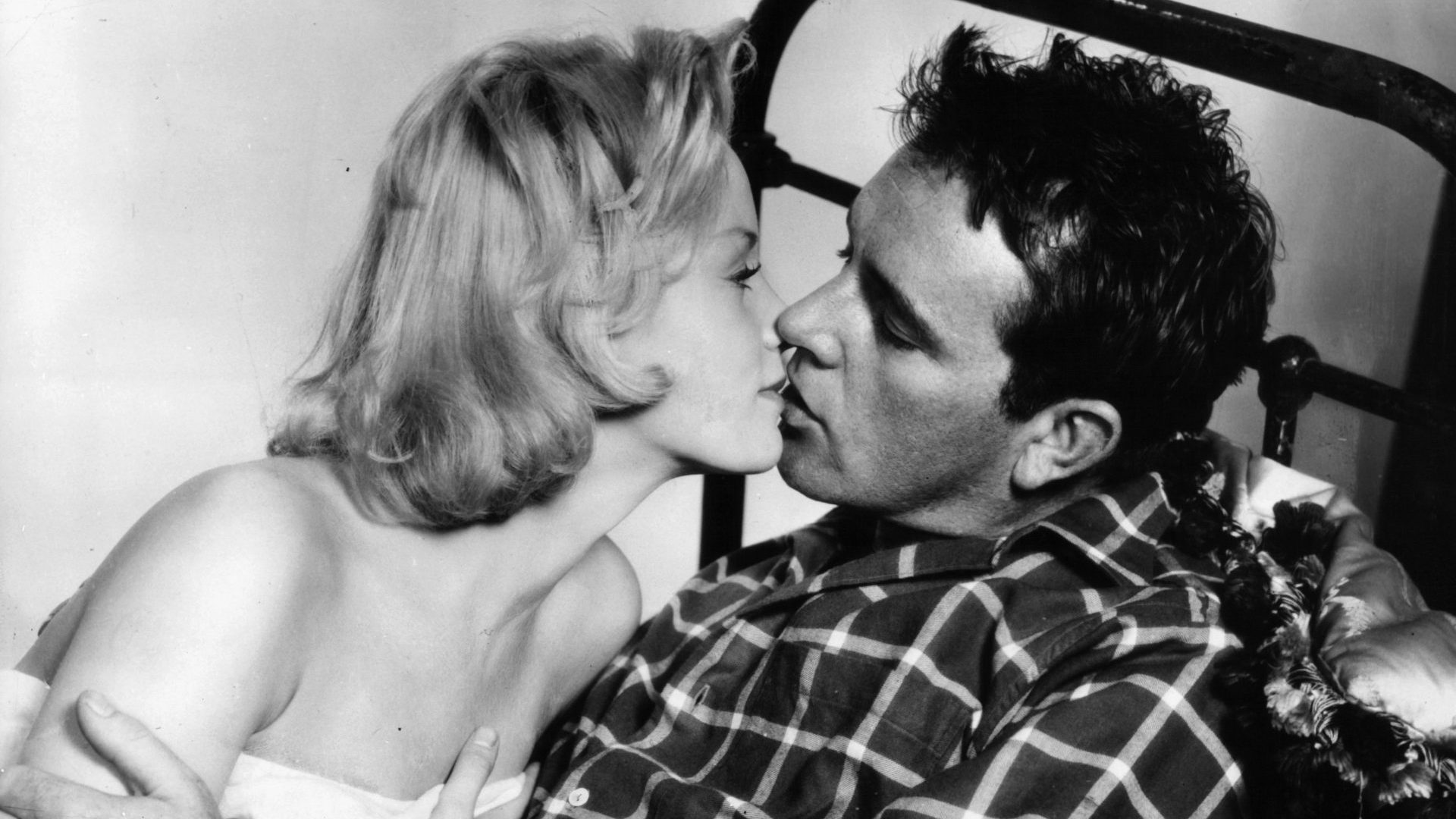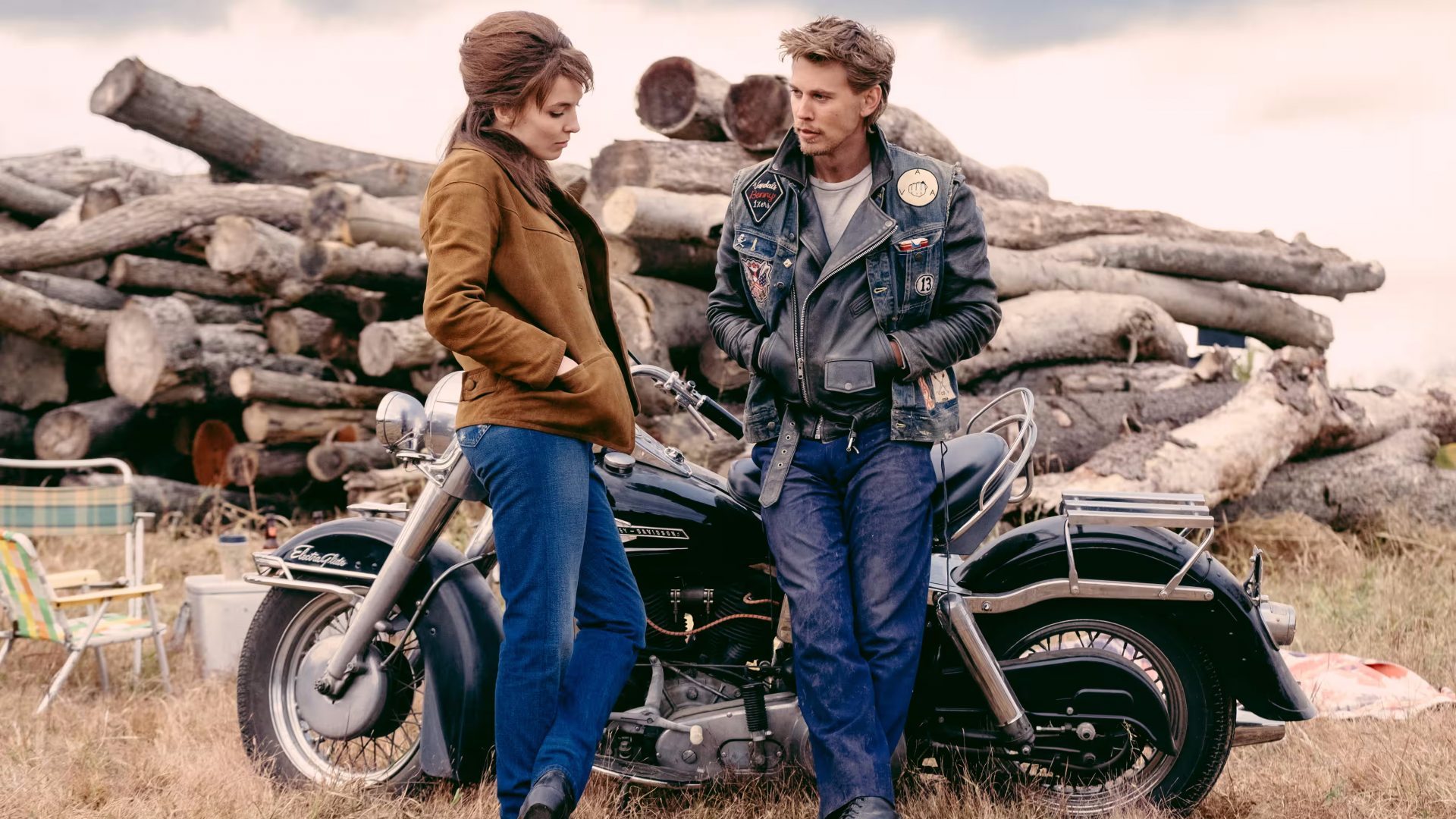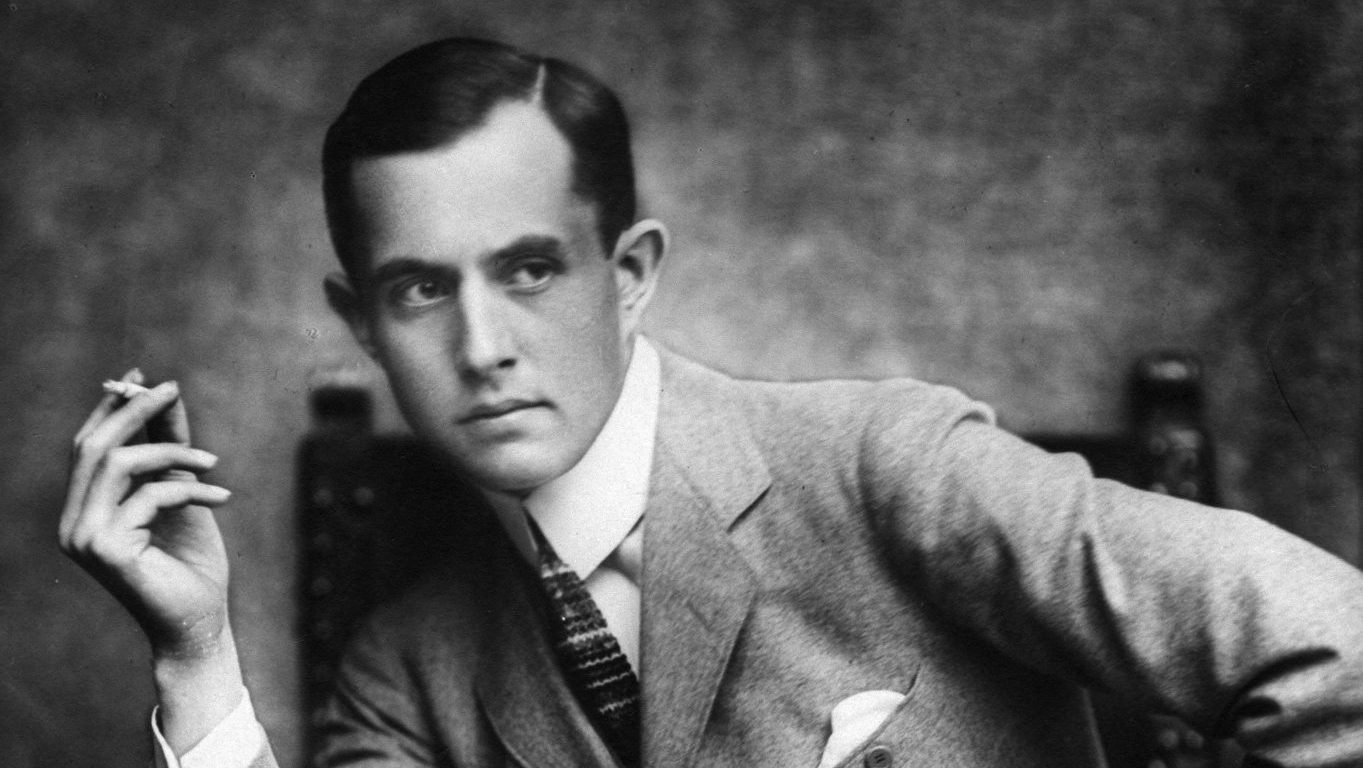Nowadays we think of the voice of an actor, female and male, as an instrument used primarily for character. Or for place. The voice now does not designate much more than that. But once upon a time, there was literally a standard voice for actors, particularly those playing lead roles. This was especially true in British film.
The accent – because, for many that was what it was, an accent – was usually about pronouncing vowels and words in a certain so-called “upper middle class” way. It was called Received Pronunciation, or RP for short.
That it is now RIP for RP for British actors is down to the English stage.
The Royal Academy of Dramatic Art (RADA), where I sometimes lecture, used to be the bastion of this, its Ground Zero.
Of course today, you can’t get away with anything like RP there for real. It was the epicentre of how you had to talk in British plays, mainly Shakespeare, where you got most of your employment.
Then in the late 1950s, a play called Look Back in Anger by John Osborne arrived at the Royal Court, cementing the feeling that the young had, in postwar Britain, rage, despair, a disgust with the class system. Hopelessness.
The lead character is a man who is disaffected with everything. He hates his comparatively posh wife and sleeps with her best friend, who “gets” him.
The actors sounded like real people, not actors. The lead character was unusual on the English stage because he was an unamusing nihilist.
In the film version, while Richard Burton did not use his own beautiful Welsh voice, you can still hear it beneath, flowing like a river.
Also playing a local woman was Dame Edith Evans. There is no equivalent to the shock of an audience seeing this great classical actor, who had played in The Importance of Being Earnest, deliciously extending the phrase “A handbag!!”, as her version of a working-class woman. Clearly closely observed.
Laurence Olivier, always with a sense of the coming new thing, took the film role in Osborne’s play The Entertainer. He plays Archie Rice, a burnt-out music-hall entertainer.
The highlight of this film is Olivier singing gospel like the great Mahalia Jackson.
Olivier, right in the middle of the movement that came to be called “kitchen sink”. This revolution opened the door.
The voice of Michael Caine’s character in Zulu is worlds apart from his Alfie – which was his own voice.
And then there is the late, great Donald Sutherland. He trained at the London Academy of Music and Dramatic Art (LAMDA) and happened to come into the profession at a time when he could pretty much use his own voice.
And he did, along with a variation of it which brought to his work a kind of realism that was uniquely his own.
Last week’s quiz: The link between Eva Marie Saint, Alfred Hitchcock and the Beatles is the great composer and conductor, Bernard Herrmann.
Herrmann wrote the score for seven Hitchcock films, including North By Northwest, which starred Eva Marie Saint. Herrmann also influenced producer George Martin’s use of the strings in Paul McCartney’s Eleanor Rigby.
This week’s quiz: Donald Sutherland almost always managed to use his own New Brunswick, Canadian accent, which to untrained ears often sounded American. (The tell: Canadians often pronounce the “o” with a Scottish intonation. It’s subtle but, if you listen hard, you can hear the difference. (Well, anyway, this US Midwesterner can).
By the time that he had come to London to study acting at LAMDA in 1957, received pronunciation was on the wane and male and female actors were freed up to use their own voices.
But sometimes, not often, Sutherland would act in an accent. In The Eagle Has Landed (1976, dir. John Sturges), what accent did he use?




